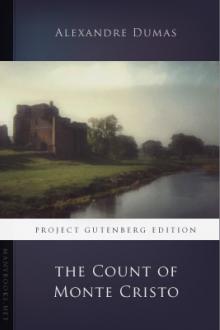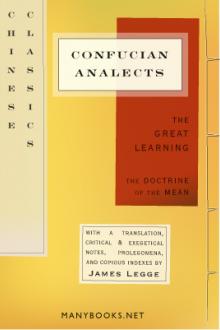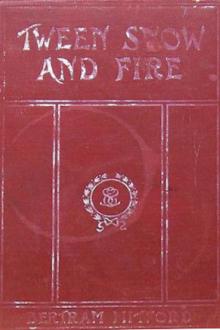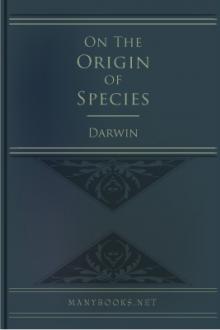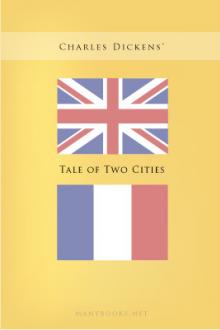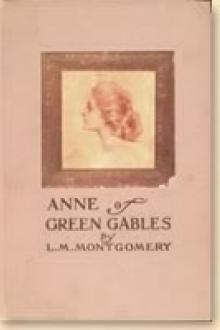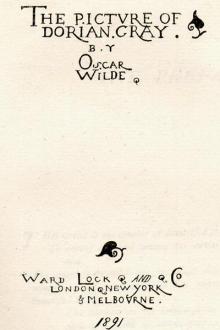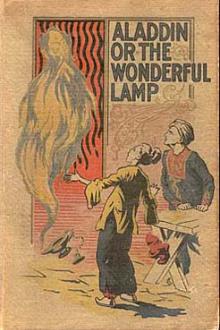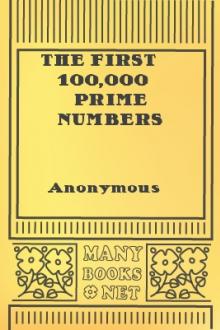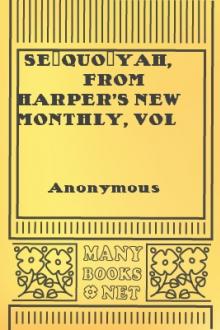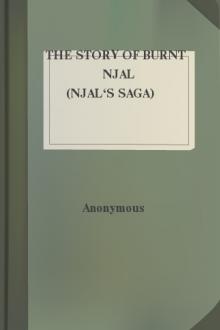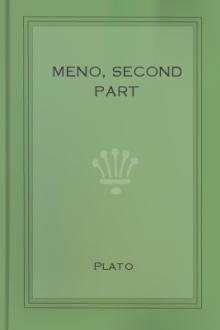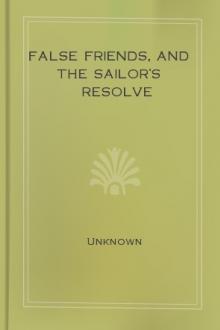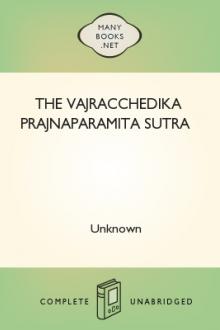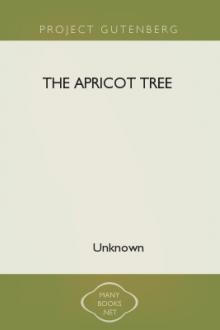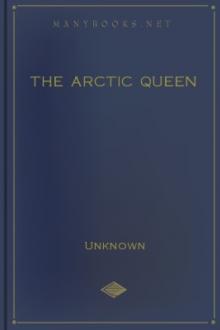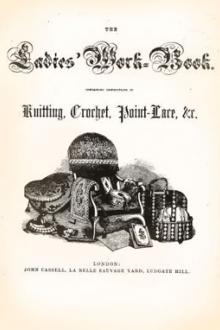Trial of Reuben Crandall, M.D.
Trial of Reuben Crandall, M.D.
Charged with Publishing and Circulating Seditious and Incendiary Papers, &c. in the District of Columbia, with the Intent of Exciting Servile Insurrection. Carefully Reported, and Compiled from the Written Statements of the Court and the Counsel.
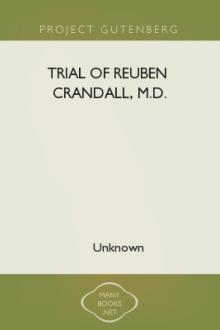
Published:
1836
Pages:
0
Downloads:
682
Share This
Trial of Reuben Crandall, M.D.
Charged with Publishing and Circulating Seditious and Incendiary Papers, &c. in the District of Columbia, with the Intent of Exciting Servile Insurrection. Carefully Reported, and Compiled from the Written Statements of the Court and the Counsel.
The Trial of Crandall presents the first case of a man charged with endeavoring to excite insurrection among slaves and the free colored population that was ever brought before a judicial tribunal. It lasted ten days before the whole Court, and was as closely contested as any trial on record, by the counsel on both sides. Every point of law was fully and strenuously argued, and carefully considered by the Court; and where no statutes have been enacted, this case may be considered as settling the legal questions touching the rights of the slaveholding population, on the one hand, to protect themselves from foreign influence; and the circumstances, on the other hand, which may bring people from the nonslaveholding States into danger of the law, by having in their possession, showing, or circulating, papers and tracts which advocate the abolition of slavery in such a way as to excite slaves and free people of color to revolt and violate the existing laws and customs of the slaveholding States. No trial has ever occurred more important to travellers from the North, or to the domestic peace of the inhabitants of the Southern States.
Book Excerpt
wished to state, at the outset, what he understood to be the law. The libels charged were not upon individuals, nor the Government, but were said to be designed to excite the whole community; and therefore publication or circulation with the intent charged, would be necessary to sustain the prosecution. Possession, however bad or dangerous the libels might be, was no crime; any man might have and keep the worst libels with entire innocence; and in this case, it would be no evidence of malicious or dangerous intent that he loaned or gave one to respectable individuals, who would not be injured and would not do any injury to others.
Henry King testified that about last June or July, he knew Crandall in Georgetown, where he came and took an office as a botanist, and followed that business.
Key handed him a pamphlet, and asked if he had seen any like it; stating, upon objection being made by Coxe, that his object was to show that Crandall gave the witness such a paper to read
Editor's choice
(view all)Popular books in Non-fiction, History
Readers reviews
0.0
LoginSign up
Be the first to review this book
 Free Download
Free Download















